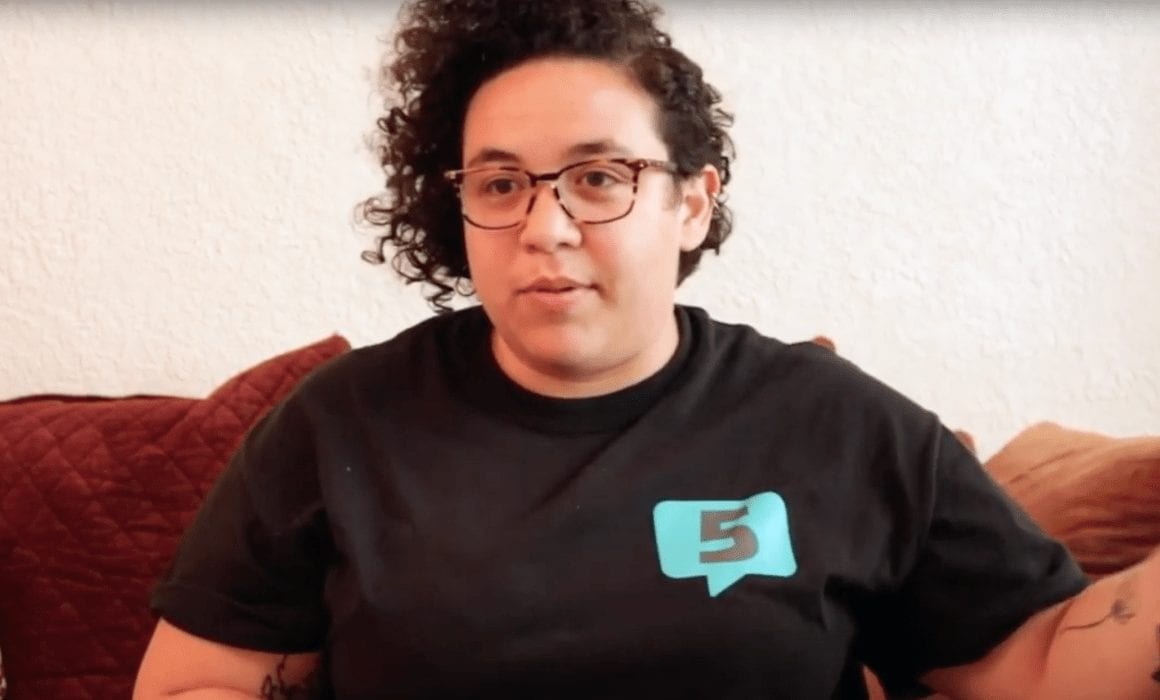Amanda started out as a Teach for America teacher in Skyline High School in Oakland, where she taught Advanced Placement U.S. and World History. After leaving the classroom, she still wanted to help all students do well on their AP exams and started tutoring students online.
Amanda didn’t know it at the time, but she stumbled upon a model that really resonated with students and helped students pass their AP exams at twice the national average. She kept growing and evolving her model and went on to build one of the leading online social learning platforms—Fiveable.
In this episode of New Pattern Spotlight, we learn about the highs and lows of running a startup as well as the advantages that underrepresented founders like Amanda have. This candid interview with the founder of Fiveable is a must-watch!


















